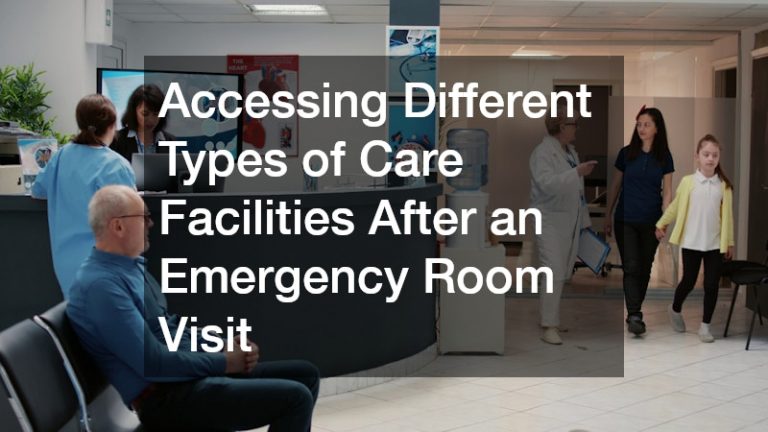When faced with serious illness and nearing the end of life, one of the options that often comes up is hospice care. For many, the term “hospice” can evoke mixed emotions and uncertainties. However, understanding what hospice care entails and its benefits can help individuals and families make informed decisions during difficult times.
Understanding Hospice Care
Hospice care is a specialized type of care designed to provide comfort and support to individuals in the final stages of a terminal illness. Unlike traditional medical treatments aimed at curing diseases, hospice focuses on enhancing quality of life and managing symptoms to ensure a dignified and comfortable end-of-life experience.
The Core Principles of Hospice Care
At its core, hospice care emphasizes several key principles that differentiate it from other forms of medical care:
Comfort and Quality of Life: Hospice care prioritizes alleviating pain, managing symptoms such as nausea, shortness of breath, and fatigue, and ensuring patients maintain dignity and comfort in their final days.
Holistic Approach: It addresses not only the physical aspects of care but also the emotional, social, and spiritual needs of patients and their families. This holistic approach acknowledges that end-of-life care extends beyond medical treatments to encompass emotional support and spiritual counseling.
Patient-Centered Care: Hospice care is highly individualized, tailored to meet the unique preferences and goals of each patient. It respects their autonomy and aims to honor their wishes regarding treatment options and care settings.
Benefits of Hospice Care
Despite misconceptions that hospice care means giving up or hastening death, research and testimonials from families often highlight its numerous benefits:
Improved Quality of Life: By focusing on comfort and symptom management, hospice care allows patients to spend their remaining time in a familiar and supportive environment, typically their own home.
Emotional and Spiritual Support: Hospice teams include trained professionals such as nurses, social workers, chaplains, and volunteers who provide emotional support to patients and their families. They assist in navigating complex emotions, making end-of-life decisions, and preparing for the inevitable.
Reduced Hospitalizations: Hospice care aims to minimize hospital visits and interventions that may not align with the patient’s wishes. Instead, care is delivered at home or in a hospice facility, promoting a sense of peace and stability.
Family Involvement and Counseling: Hospice encourages families to actively participate in caregiving, offering respite care and counseling to help them cope with the impending loss and adjust to life after their loved one’s passing.
Cost-Effective Care: Studies have shown that hospice care can be more cost-effective than traditional hospital care in the final months of life. Medicare and most private insurance plans cover hospice services, alleviating financial burdens for families.
Is Hospice Care Right for You?
Deciding whether hospice care is the right choice involves honest discussions with healthcare providers and family members. Some considerations include:
Prognosis: Hospice care is typically recommended when a patient has a life expectancy of six months or less, based on medical assessments. However, eligibility criteria can vary depending on the specific circumstances and disease progression.
Treatment Goals: If curative treatments are no longer effective or desired, transitioning to hospice care allows patients to focus on comfort measures and quality of life rather than aggressive medical interventions.
Personal Preferences: Understanding what matters most to the patient, such as where they prefer to receive care and their spiritual or cultural beliefs, is crucial in determining the appropriateness of hospice care.
Advance Care Planning: Having advance directives in place, such as a living will or healthcare proxy, ensures that a patient’s wishes regarding end-of-life care are honored, whether they choose hospice or another form of palliative care.
Navigating the Decision
Choosing hospice care is a deeply personal decision that requires careful consideration of medical, emotional, and practical factors. It’s essential to engage in open conversations with healthcare providers to understand all available options and make decisions aligned with the patient’s values and goals.
In conclusion, while the decision to pursue hospice care can be emotionally challenging, it offers a compassionate and supportive approach to end-of-life care. By focusing on comfort, dignity, and quality of life, hospice care provides a valuable alternative to aggressive medical treatments, ensuring that individuals and their families can face the end of life with peace and dignity.
Ultimately, hospice care is not about giving up hope but rather embracing a different kind of hope—one that prioritizes comfort, meaningful moments, and a peaceful transition surrounded by loved ones. For those navigating the complexities of terminal illness, hospice care can provide solace and support during one of life’s most challenging journeys.
.





